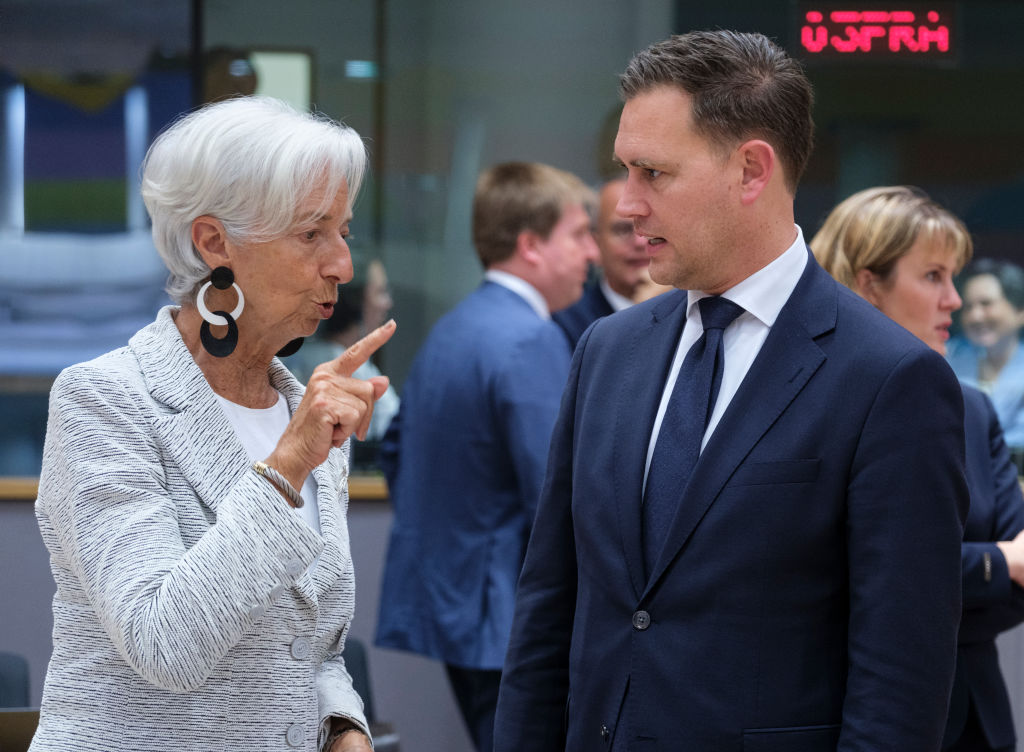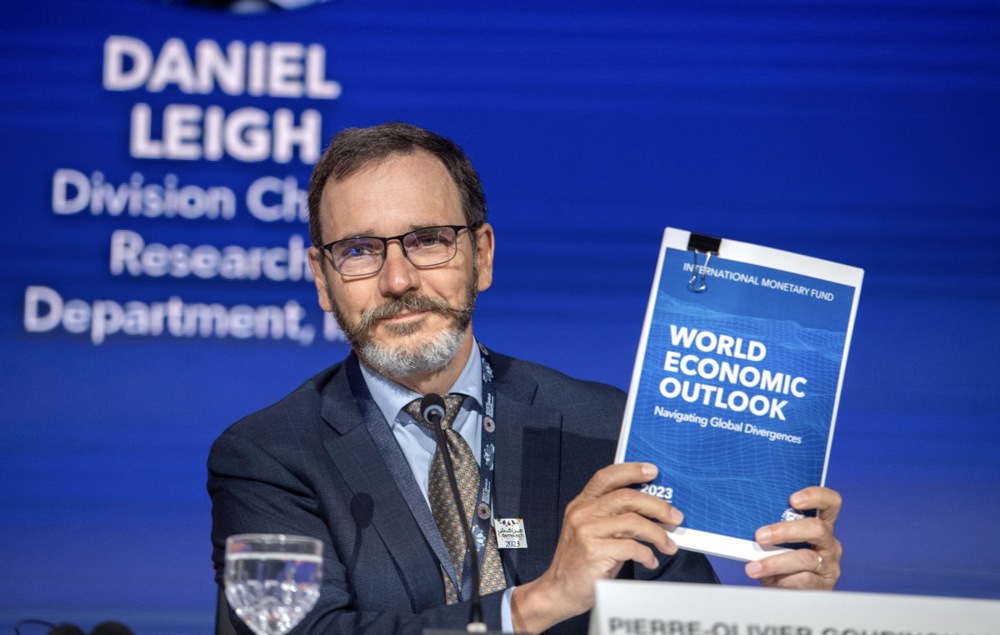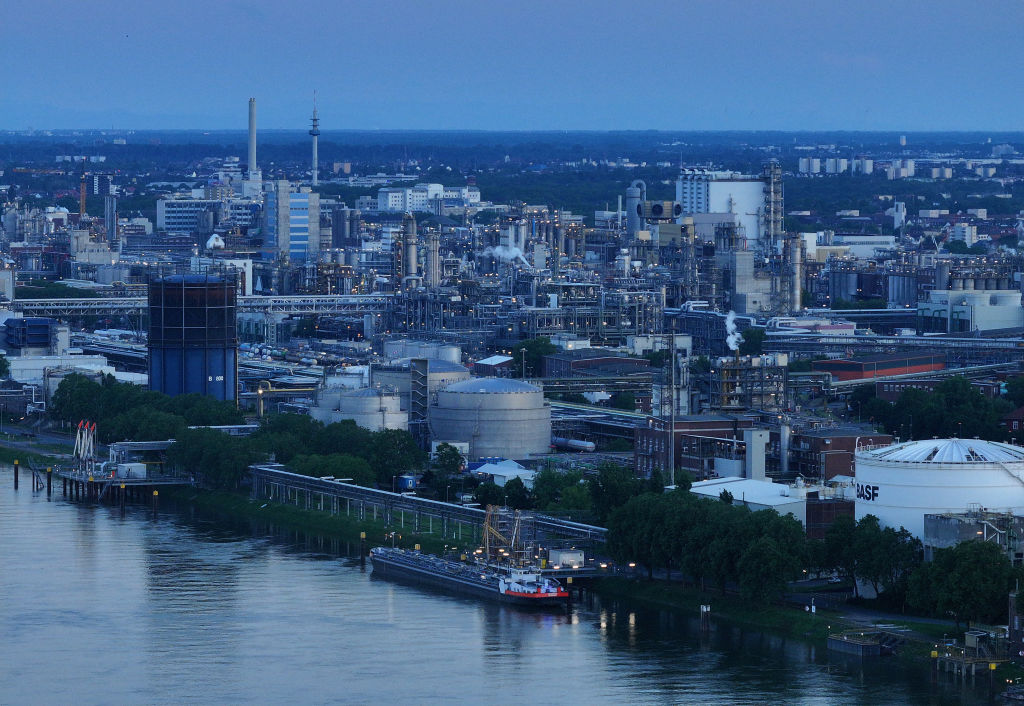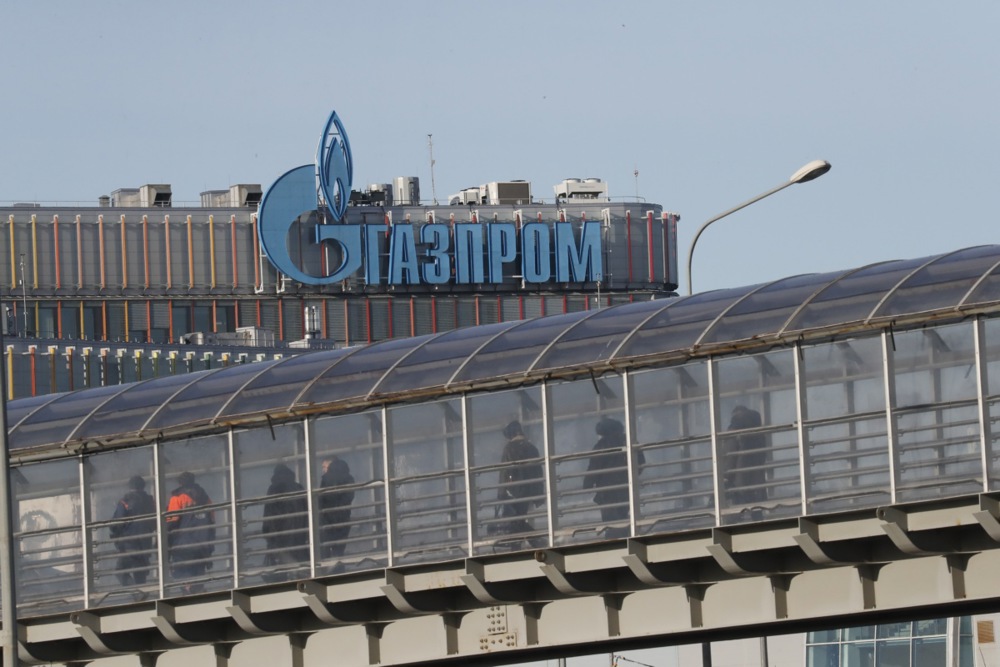Manufacturing activity across the Eurozone declined at its fastest pace this year in September as demand waned sharply despite factories cutting their prices, a survey showed on Tuesday.
The downturn was broad-based and Germany, Europe’s largest economy, recorded its most pronounced worsening of factory conditions for 12 months.
HCOB’s final Eurozone manufacturing Purchasing Managers’ Index (PMI), compiled by S&P Global, dropped to 45.0 in September, albeit just ahead of a 44.8 preliminary estimate but further from the 50 mark separating growth from contraction.
An index measuring output, which feeds into a composite PMI due on Thursday that is seen as a good guide to economic health, fell to a nine-month low of 44.9 from 45.8 in August but was ahead of the 44.5 flash estimate.
“Eurozone industrial production will likely drop by around one per cent in the third quarter compared to the last one. With incoming orders plummeting fast, we can expect another dip in production by year-end,” said Cyrus de la Rubia at Hamburg Commercial Bank.
In a sign that there will be no imminent turnaround, demand fell at the fastest rate this year even though factories returned to cutting prices. The output prices index sank to 49.2 from 51.1.
Inflation likely fell to 1.8 per cent last month, official data due later on Tuesday is expected to show, below the European Central Bank’s 2.0 per cent target. The ECB has cut interest rates twice this year and will do so again in December, according to a Reuters poll.
“The ECB will be pleased to see that purchase prices fell in September, especially after three months of rising prices. The drop in oil and natural gas prices helped bring down input costs, and companies passed some of that savings on to their customers,” de la Rubia said.
“But let’s not get too comfortable – these price declines might not last. With the situation in the Middle East heating up, there’s always the chance that energy prices could spike again.”
Pessimism within the German manufacturing sector has hit its lowest level since June 2020, a report from a major economic research institution has found. https://t.co/bNv2FZA5uH
— Brussels Signal (@brusselssignal) September 24, 2024





